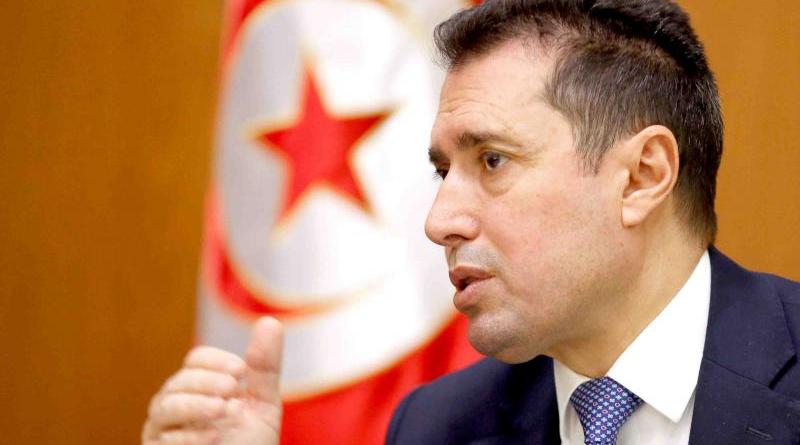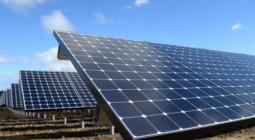Tunisia faces worsening energy deficit.

Tunisia produces about 40,000 barrels of crude oil per day, down from about 110,000 barrels per day in 2010.
The Tunisian government has acknowledged the risks faced by the country’s economy because of its inability to meet growing domestic demand for energy. In so doing, it implicitly admitted the government’s failure to address this sensitive issue.
Speaking in late May at the opening of the national dialogue on the energy and mining sector, the first of its kind since 2011, Tunisian Prime Minister Youssef Chahed said: “We have repeatedly warned of the risks posed by the energy situation in the country as a result of the existing deficit that weighs heavily on the Tunisian economy.”
Every time the issue of the energy sector is brought up in Tunisia, there ensues heated debate about corruption in the sector and the absence of a strategic vision. “In recent years, Tunisia has faced many problems related to mismanagement and lack of transparency in the energy and fuel sectors,” Chahed said.
Last August, following the disclosure of a corruption scandal related to granting concession contracts to international oil companies, the Tunisian Ministry of Energy and Mines was literally abolished and the portfolio reassigned to the prime minister’s office.
World Bank reports and local audits by the government’s auditing department insisted on the necessity to adopt good governance in the energy and mining sectors. Tunisian authorities, therefore, said the time has come to establish a long-term vision to move forward with the energy sector because the country has considerable potential and the required human resources in renewable energies that can meet energy needs.
Official data show that with the decline of hydrocarbon production during the last eight years, Tunisia meets only 8% of its annual energy needs from domestic oil and gas resources.
The country produces about 40,000 barrels of crude oil per day, down from about 110,000 barrels per day in 2010. The drop in production is attributed mostly to work stoppages and strikes that discouraged oil and gas exploration and extraction activities by foreign companies.
Over the past eight years, the energy item in the annual budget has been a chronic headache. Oil and gas import costs are estimated at more than $2.1 billion. Figures from the National Institute of Statistics state that last year’s energy deficit was one-third of Tunisia’s total trade deficit, which reached a record $6.2 billion.
Most of Tunisia’s natural gas imports are from Algeria. Tunisia has signed import contracts at preferential prices with Algeria’s state-owned Sonatrach and Algeria’s power company Sonelgaz supplies electricity to Tunisia during summer peak periods.
Tunisia, however, has limited options to meet its future energy needs. Experts predict gas production will decline, starting next year.
In January, Tunisian Minister of Industry and Energy Slim Feriani sought to convey optimism when he confirmed, during an interview with Reuters, that Tunisia was increasing natural gas production to cover rising domestic demand. “Tunisia’s production of gas will nearly double to 65,000 barrels per day of oil equivalent when the Nawara field in the south goes into production next June,” he said.
The Nawara field in southern Tunisia is a joint venture between Tunisia’s National Petroleum Activities Corporation and Austrian energy group OMV with investments of up to $700 million and is expected to start production this month.
The Nawara field is one of the government’s most important projects, providing half of the 2.7 billion cubic metres of annual domestic gas demand and reducing by 30% the country’s gas imports.
Tunisia also aims to raise its oil production. In May, Feriani announced that “the number of exploration licences (granted) rose for the first time since 2011 to 30 licences, in addition to drilling and developing 13 wells.”
The Tunisian government also plans to produce 1,900 megawatts of renewable energy by 2022, with investments of up to $2 billion. Tunisia is working to attract foreign investments for wind and solar energy projects accounting for about 22% of the country’s electricity production. The government hopes that Tunisia’s renewable energy production will reach 3,800 megawatts by 2030.
27 July 2019
The Arab Weekly




